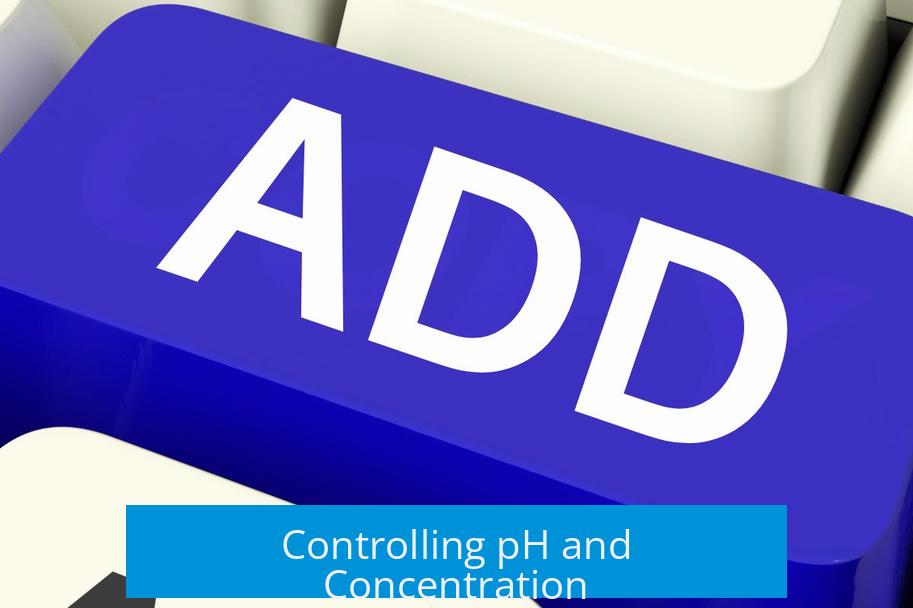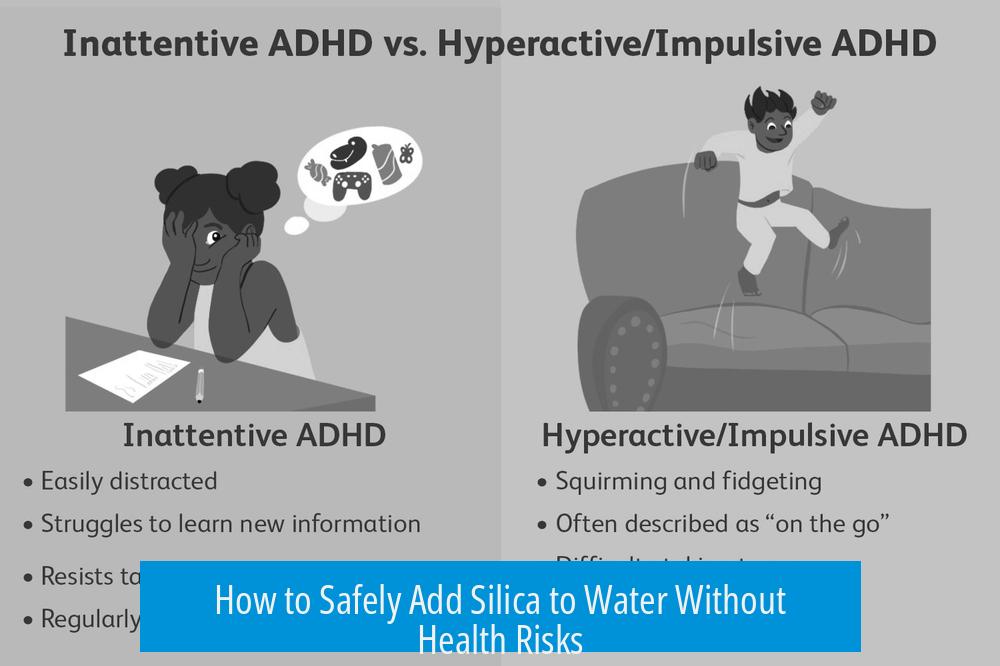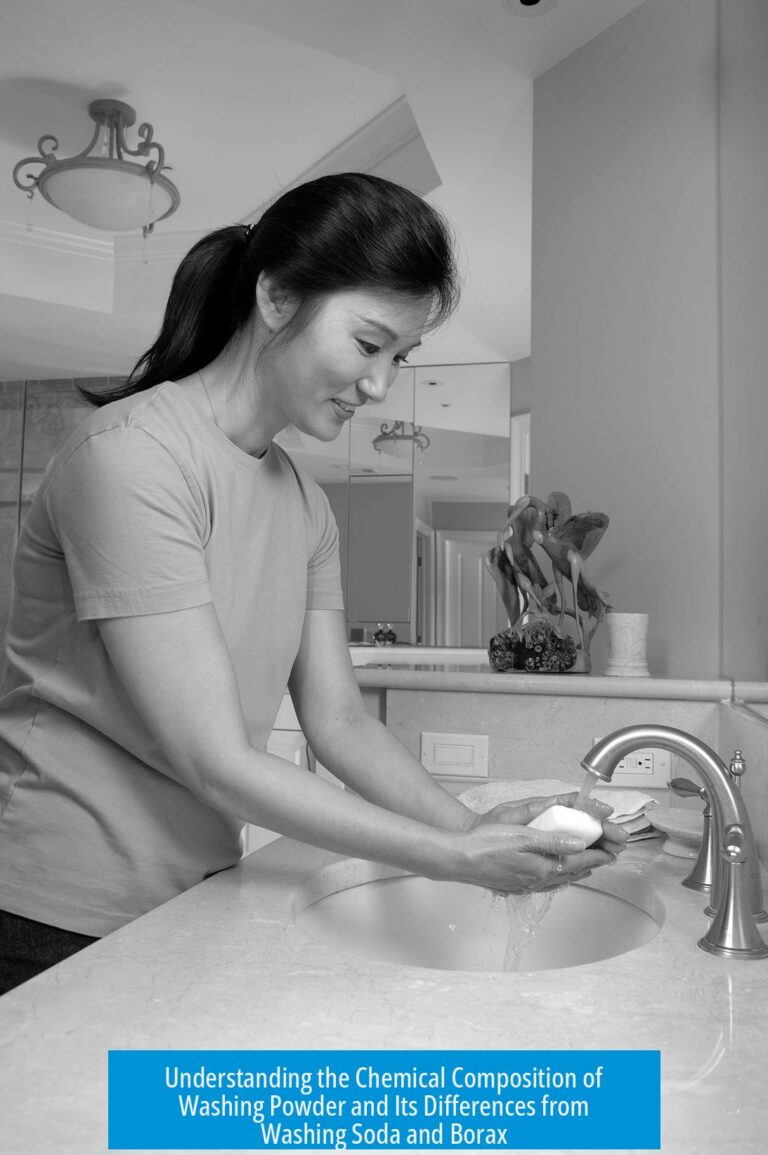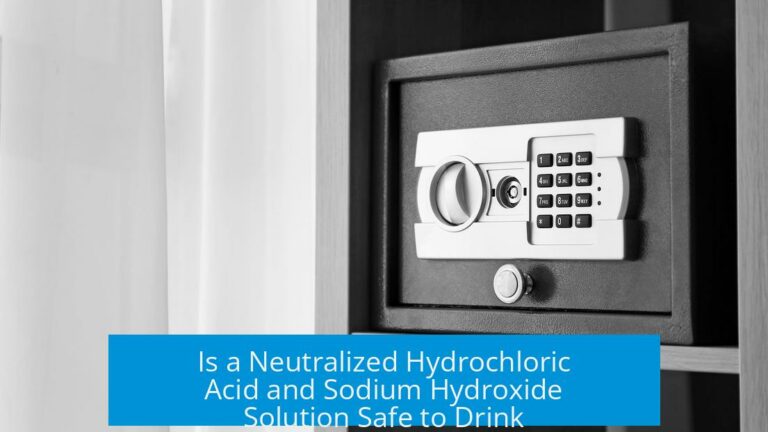How to Add Silica to Water Without Harming Yourself

Adding silica to water safely involves choosing the appropriate form and controlling concentration to avoid toxicity or harmful effects. Silica does not exist as simple molecular SiO2 in water but typically as silicate ions or insoluble powders. Careful selection of safe, food-grade sources and proper dilution ensures safety.
Understanding Silica and Its Forms in Water
Silica commonly appears in water as silicate ions (SiO32−) rather than molecular silicon dioxide (SiO2). These ions come from dissolving salts like sodium silicate. Silicate ions have been used for decades in food preservation and homebrewing, indicating low acute toxicity if handled properly.
Adding silica in molecular form is difficult because SiO2 is insoluble and tends to precipitate. Therefore, most additions involve silicate ions or fine particulate silica that disperses or dissolves slightly.
Safe Silica Sources to Add to Water
- Sodium Silicate (Water Glass): This alkaline liquid is a common source of silicate ions. It has food industry applications, such as egg preservation. Dilute sodium silicate thoroughly to reduce alkalinity and avoid ingestion hazards.
- Food Grade Diatomaceous Earth: This natural, fine silica powder (SiO2) is inert and approved for food use in some cases. A small amount can be added to water but may not dissolve; it remains suspended or settles over time.
- Silica Drops: Specialized silica supplements designed for water enhancement often contain stabilized forms of silica for better bioavailability.
Controlling pH and Concentration

Sodium silicate is alkaline, so adding it directly can raise water pH substantially. Elevated pH can harm health and change water taste. To manage this, start with deionized or distilled water and add controlled amounts of silicate solution, continuously measuring pH and ion concentration.
Another method to adjust pH involves bubbling carbon dioxide gas (CO2) through the water. CO2 forms carbonic acid, which lowers pH without adding metals or other ions. This helps maintain a safe pH level when adding alkaline silicates.
Practical Tips from Community and Experts
- Engage with homebrewing forums such as the r/homebrewing subreddit. Experienced brewers add silicates to water and share safe practices.
- Join specialty groups like tea enthusiasts or Discord communities focused on water chemistry; they often share balanced water recipes that include silica.
- Consult manufacturers of silica water additives to understand their composition and recommended dosage. Some sell proprietary premixed solutions that prevent precipitation.
Health Considerations
Silicate ions in dilute concentrations have a historical precedent for safe use in food and beverages. Acute toxicity is unlikely if following recommended dosages. However, the long-term effects of daily silica consumption via water at varying concentrations are not fully characterized. Avoid ingestion of high concentrations or industrial-grade silicates.
Be aware that adding silica is not necessary for most individuals unless targeting specific health or beverage quality goals. Natural drinking water often contains sufficient silica.
Important Safety Resources
If any mental health considerations arise during your research or experimentation, seek professional support. Resources like the National Suicide Prevention Lifeline (USA: 1-800-273-8255) and other international hotlines offer help. Maintaining safety in every aspect is paramount.
Summary of Key Points
- Silica in water typically exists as silicate ions, not molecular SiO2.
- Food-grade sodium silicate and diatomaceous earth are common safe silicate sources.
- Dilute silicate additives carefully to avoid high pH and toxicity.
- Using deionized water and precise dosing improves control.
- CO2 bubbling can adjust pH without adding metals.
- Consult homebrewing and tea communities for practical advice.
- Long-term health effects of silicate ingestion require more research.
- Seek professional help for mental health concerns.





Leave a Comment